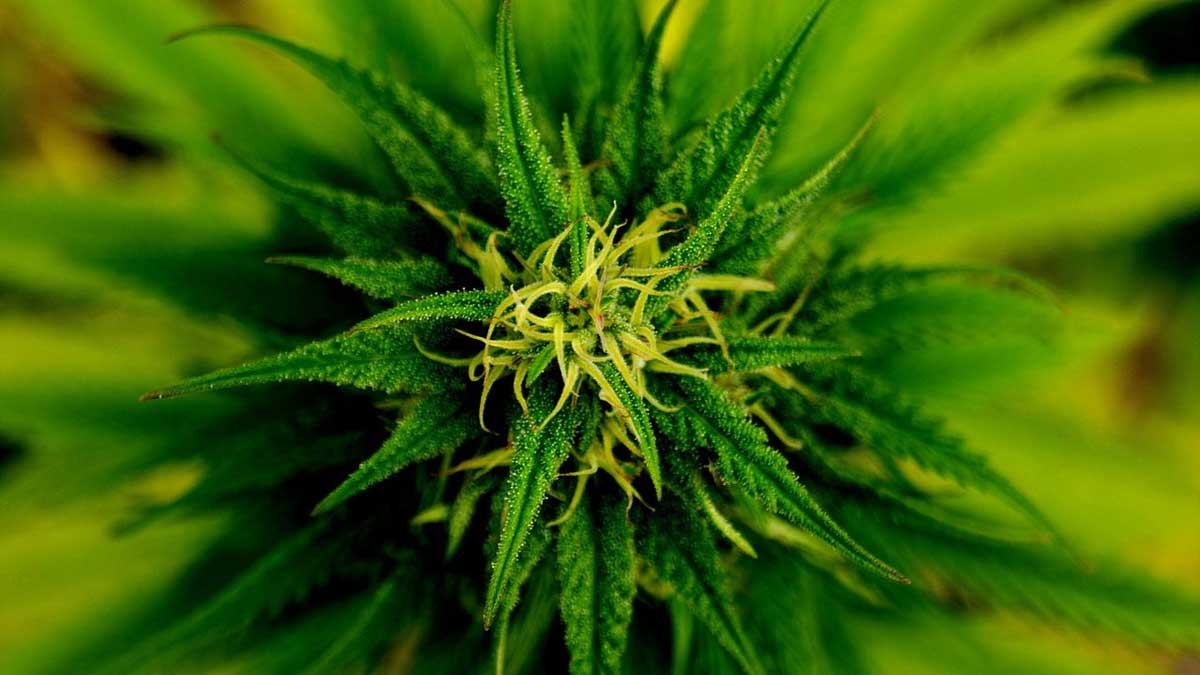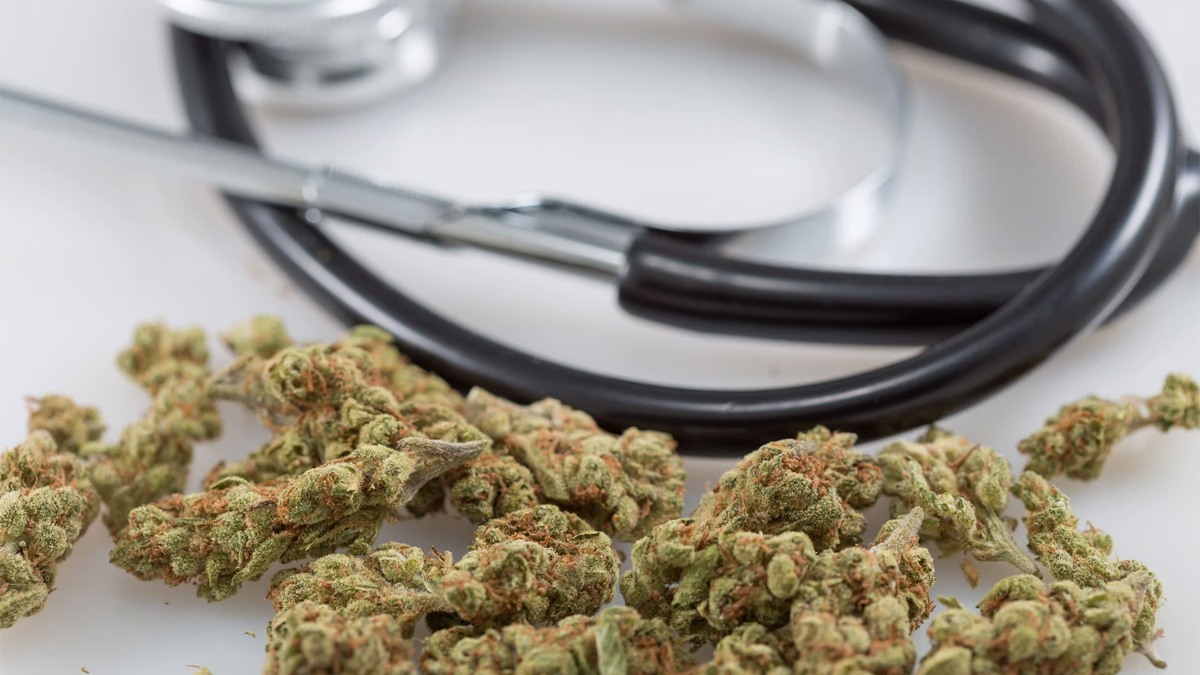
Photo courtesy of Sonya Yruel/Drug Policy Alliance.
A new federally funded study on cannabis use and parenting finds that parents typically don’t consume marijuana while their kids are present. Those who used cannabis, however, were also significantly likely to report positive parenting behaviors in the same timeframe that they consumed the drug.
But the relationship between marijuana and parenting is a nuanced one, wrote authors from the University of Tennessee, Ohio State University and San Jose State University, and appears to also rely heavily on who else is present at the time.
Overall, the findings “reveal a complicated relationship between cannabis use and parenting among a sample of cannabis users,” authors wrote. But the results nevertheless provide “some information on ways parents can engage in harm reduction to support positive parenting.”
The study, funded by a Centers for Disease Control and Prevention grant and published this month in the journal Parenting: Science and Practice, analyzed survey responses from 77 parents recruited by research assistants at Sacramento area cannabis retailers. On average, participants were 32 years old, and nearly three quarters (72 percent) were mothers. About half (50.6 percent) were either married or “living in a marriage-like relationship,” while the remaining half were single, widowed or divorced.
Participants were asked to complete a baseline survey and then five brief surveys per day for a 14-day period, followed by a final survey on day 15. They were asked “a battery of questions,” the study says, “pertaining to parenting behaviors, stress, cannabis use, alcohol use, and context.” Participants received small financial incentives for filling out the surveys, with a total possible incentive for each participant of $190.
Though many parents reported having been in the same location as their children when using marijuana, for the most part they avoided using cannabis when their children were physically present.
“Parents reported that children were not present in 92.3% of the episodes when they reported using cannabis,” the report says. “In other words, parents report being with their child in the 3–4 hour time frame since they took their last survey, but that their child is not present when using cannabis.”
Notably, parents also had “significantly higher odds of reporting positive parenting behaviors in the same time frame when they report using cannabis.” Positive parenting was defined as “showing a child love, warmth, and care while providing and being sensitive to their needs,” the study says.
Authors said there was “no relationship between a parent’s reports of using cannabis and aggressive discipline during the same [ecological momentary assessment] period,” referring to punishments that cause physical pain (such as spanking), withhold affection or involve “calling a child offensive names (e.g., lazy).”
But behavior was also largely dependent on context. For example, in general, the presence of others during cannabis use did not appear to significantly impact parenting behavior. However, those who had a spouse, partner or friends with them when using cannabis “had higher odds of reporting positive parenting in the next time period.”
“Being with these individuals might encourage positive parenting in order to have their parenting judged favorably or to minimize appearances of the harmful effects of cannabis use on parenting,” the report offers as a possible explanation. “With partners, in particular, parents using cannabis may have an arrangement that the partner is the primary caregiver or disciplinarian…when cannabis is being consumed. This could alleviate some of the pressure of parenting, enabling the parent to focus on positive behaviors.”
Parents who used cannabis with people with whom they have only weak ties, meanwhile, “had significantly higher odds of using aggressive discipline.”
“In our exploratory analyses, we found that who was present when parents used cannabis was important,” authors wrote, adding that “Using cannabis with an individual for whom the parent may only have weak social connections to (compared to using alone) is the only social context in which a parent is more likely to use aggressive discipline.”
“Parents in this situation may choose to use aggressive discipline if they worry that their child(ren)’s behavior may be viewed negatively by the others in the room,” the report says.
While no relationship was found between the method of cannabis consumption and parenting behavior, parents who reported vaping marijuana had “had lower odds…of using aggressive discipline in the time frame after use,” the study says.
Given the relatively small sample size and non-representative nature of those surveyed, authors warn that their findings should be interpreted cautiously. “Much more needs to be understood around the social mechanisms that result in these findings,” they wrote, “to better understand how the social context of cannabis use may promote positive parenting.”
Earlier this year, a separate study found that access to medical marijuana may increase the amount of parenting that people engage in by improving patients’ health.
“Our results suggest that [medical marijuana legalization] can have significant positive impact on the development of children via increased parenting time,” that study concluded, “especially to those under the age of 6, a period characterized by high long-run returns to parental investment.”
The big caveat in those findings, researchers noted, is that the benefits apply only if parents do not misuse cannabis, noting bigger increases in parenting time “for those less likely to abuse marijuana.”
While there’s been limited research exploring the role of marijuana policy on parenting behavior, a study last summer found that states that legalized medical marijuana saw a nearly 20 percent drop in foster care admissions based on parental drug misuse. Legalizing for adult use, meanwhile, was not associated with any statistically significant change in foster care entries.
Separate 2022 research did identify a meaningful link between adult-use legalization and foster care drug misuse cases, however. In that study, researchers at the University of Mississippi found that recreational legalization was associated with at least a 10 percent decrease in foster care admissions on average, including reductions in placements due to physical abuse, neglect, parental incarceration and misuse of alcohol and other drugs.
Ben Adlin via (https://www.marijuanamoment.net/using-marijuana-increases-positive-parenting-behaviors-new-federally-funded-study-indicates/)
Keep out of reach of children. For use only by adults 21 years of age and older.










